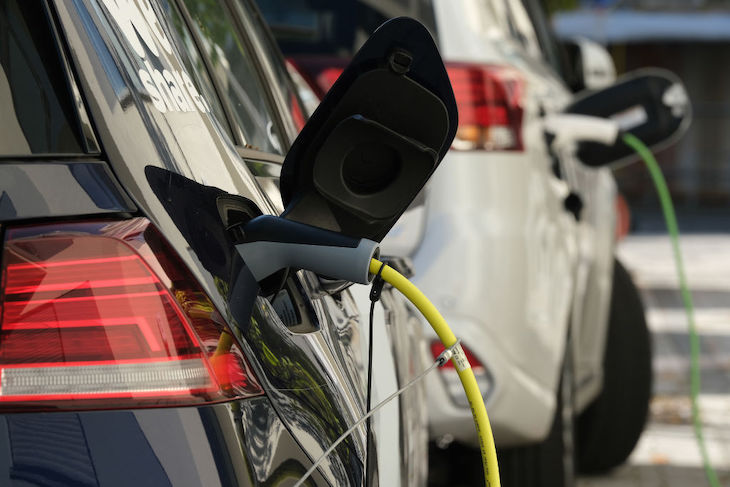I recant. On a number of occasions I have asserted that the European Union is run by lobbyists acting on behalf of French farmers and the German car industry. It seems I was wrong – or perhaps that I have become wrong as the politics of global trade has shifted. A more accurate way of putting it would be to say that the EU is run by people who think they are acting in the interests of French farmers and the German car industry, but who are not quite plugged in to what those industries really want.
It is a typical case of EU protectionism. However, this time, there is a twist
At the beginning of the year, we had the farmers’ protests, when farmers complained that EU regulation – much of which was drawn up supposedly to help them – was driving them out of business. Now it is the turn of German carmakers – only metaphorically so far – to march on Brussels.
From tomorrow, Chinese cars imported to the EU will be liable to additional import duties on top of the 10 per cent tariff that is already applied. Vehicles produced by one manufacturer – SAIC – will be charged an extra 37 per cent, with Geely products charged 20 per cent. The EU claims that the tariffs are necessary to defend European producers. It tries to justify them by saying that the Chinese carmakers are in receipt of state subsidies – but given the subsidies awarded to European carmakers over the years, this doesn’t seem the most watertight of arguments.
It is a typical case of EU protectionism. However, this time, there is a twist. The trade body for the German automotive industry, VDA, has made it clear that it doesn’t want to be protected with higher tariffs. Punitive levies on imports, it says, are in the interests of neither European consumers nor carmakers. Moreover, it adds that it won’t exactly help the EU’s avowed aim of decarbonising road transport.
The Chinese car industry, never previously a big player in European markets, is succeeding thanks to its ability to sell electric cars at far more affordable prices than European manufacturers are managing to do. This is partly because Chinese carmakers made an early start on building electric cars, partly because they backed a cheaper form of battery technology, based on lithium iron phosphate rather than nickel, manganese and cobalt, and partly because of Chinese domination of the supply chain for electric car batteries.
If the EU really wants to decarbonise road transport it should be welcoming Chinese-made electric cars with open arms. After all, European motorists are not showing a great deal of interest in expensive, European-produced electric cars. True, Chinese competition isn’t exactly making life easier for European manufacturers, but then they have worked out that punitive tariffs on imports are not going to act in their favour for long. The car industry is very much a global industry nowadays. If European carmakers are going to succeed, they are not going to do so by constructing a fortress in Europe; they are going to do so by competing internationally. European carmakers are already beginning to source batteries from China at a much lower prices than they could from the European ‘gigafactories’ which the EU wants to promote. They are also beginning to shift some manufacturing to China – BMW will soon be building the electric version of the Mini there.
This globalisation of production will inevitably be harmed by tariffs on car imports to the EU. Moreover, in the short term it will inevitably mean retaliatory tariffs on imports of EU-made cars to China – a market in which the German car industry is deeply embedded. The EU may profess to champion free trade but its ruling mentality has always been protectionist. For once, the European industries in whose interests it thinks it is acting are fighting back.








Comments